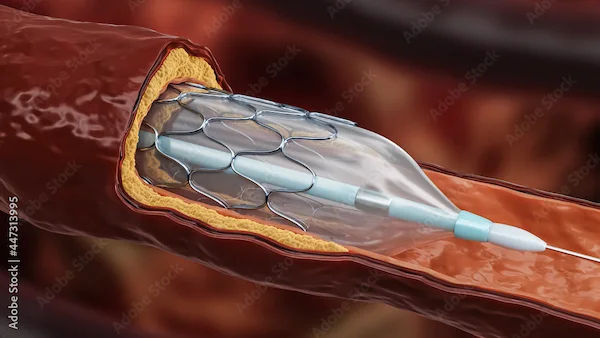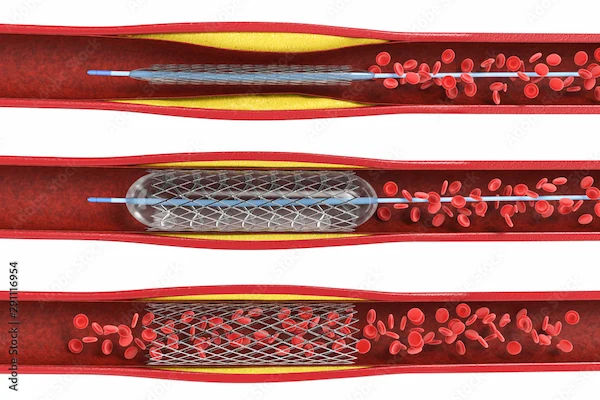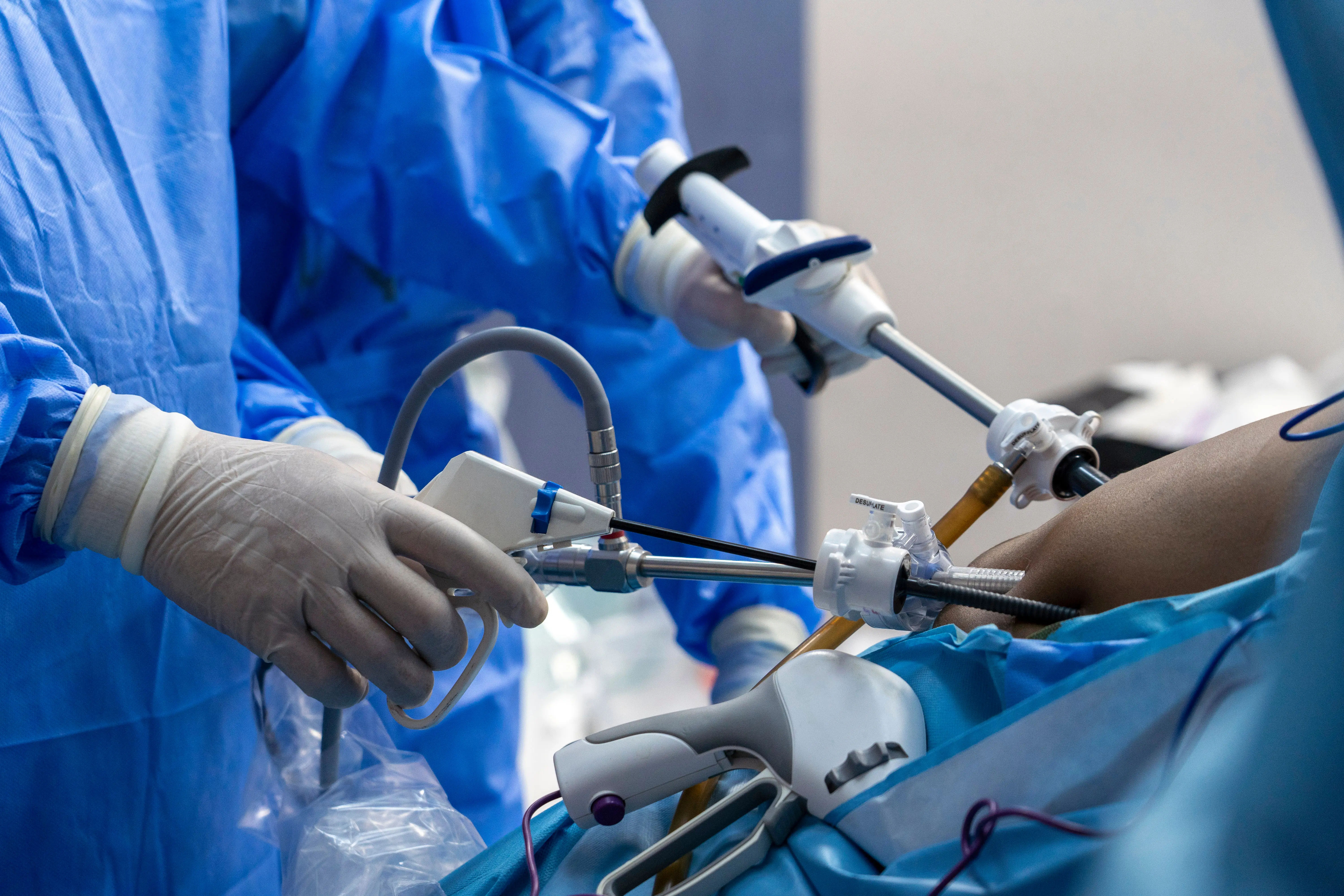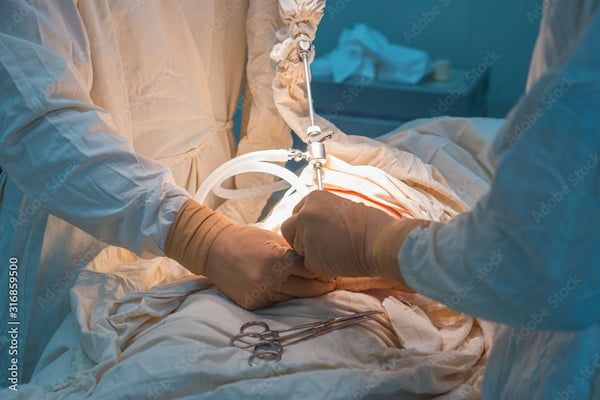How Long Before I Can Sleep On My Side After Bypass Surgery?
Discover when it is safe to sleep on your side after bypass surgery, tips for comfortable sleep during recovery, and signs to watch for to ensure a safe healing process.

Written by Dr.Sonia Bhatt
Last updated on 21st Jul, 2025
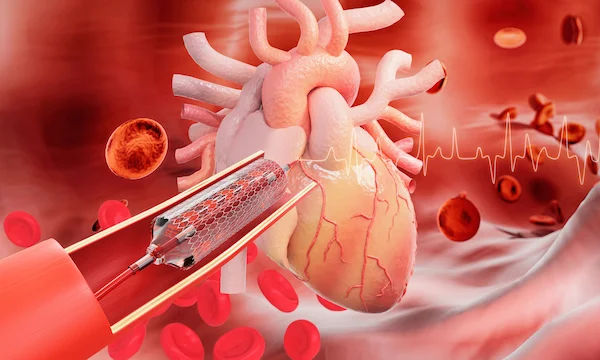
Introduction
Recovering from bypass surgery is a gradual process, and one common question patients have is about returning to their preferred sleeping positions, especially sleeping on their side. While it’s natural to want to resume normal activities, including comfortable sleep, your body needs time to heal properly.
Why Sleeping Position Matters After Bypass Surgery?
Understanding the importance of your sleeping posture can help prevent discomfort and complications during the recovery period.
After bypass surgery, your chest and sternum (breastbone) need time to heal. The sternum is typically held together with wires or sutures, and putting pressure on it too soon can slow healing or cause complications. Sleeping on your back is usually recommended initially because it minimises strain on your chest and incision sites.
When Can You Sleep On Your Side?
Knowing when you can safely resume side sleeping is essential for avoiding discomfort and supporting your recovery.
Most doctors advise waiting at least 4 to 6 weeks before attempting to sleep on your side. However, this timeline can vary depending on:
Your overall recovery progress
The type of surgery (minimally invasive procedures may allow earlier movement)
Your doctor’s specific recommendations
To Know More, Consult Top Cardiologists
1. First Few Weeks: Back Sleeping is Best
First 1-2 weeks: Strictly sleep on your back with a slightly elevated head (using pillows) to reduce swelling and discomfort.
Weeks 3-4: You may start feeling more comfortable, but avoid side sleeping unless your doctor approves.
2. After 4-6 Weeks: Gradual Transition
If your healing is on track, you can slowly try sleeping on your side, but avoid putting direct pressure on the chest.
Use pillows for support—placing one between your knees and hugging another can help maintain alignment.
Tips for Comfortable Sleep During Recovery
Following simple tips can improve sleep quality and make resting easier after surgery.
Elevate Your Upper Body: Sleeping slightly upright reduces strain on your chest and helps with breathing.
Use a Firm Mattress: A supportive mattress prevents unnecessary twisting or sinking.
Avoid Sudden Movements: Roll carefully instead of twisting your torso.
Listen to Your Body: If side sleeping causes pain, switch back to your back.
Follow Pain Management Advice: Take prescribed medications to ease discomfort before bedtime.
Signs You Should Avoid Side Sleeping
Recognising warning signs can prevent strain and support proper healing.
If you experience any of these, stick to back sleeping and consult your doctor:
Increased pain or pulling sensation in the chest
Swelling, redness, or discharge from the incision
Difficulty breathing while lying down
When to Seek Help?
It is important to seek professional guidance if you are unsure about your recovery or experience unusual symptoms.
If you’re unsure about your recovery progress or experience unusual symptoms, consult your doctor. You can also book a follow-up consultation or post-surgery check-up via Apollo 24|7 to ensure a smooth recovery.
Conclusion
Patience is key—your body needs time to heal properly. While side sleeping may feel more comfortable, waiting until your doctor gives the green light ensures a safer recovery. Follow medical advice, take it slow, and soon you’ll be back to resting comfortably in your favourite position.
Need personalised guidance? Schedule a consultation with a cardiologist on Apollo 24|7 for expert advice tailored to your recovery.
Consult Top Cardiologists
To Know More, Consult Top Cardiologists

Dr. Srikanth Bhumana
Cardiothoracic and Vascular Surgeon
12 Years • MBBS, MS (JIPMER), MCh (PGI) (Cardiothoracic Surgeon), (Beating Heart Bypass Surgery), (Minimal Invasive Cardiac Surgery, MICS)
Tiruchirappalli
Apollo Speciality Hospitals Old Palpannai, Tiruchirappalli
(50+ Patients)

Dr. Sridhar V
Cardiothoracic and Vascular Surgeon
30 Years • MBBS, MS, MCh, DIP NBE, FIACTS
Madurai
Apollo Speciality Hospitals KK Nagar, Madurai
(50+ Patients)

Dr Kshitij Dubey
Cardiothoracic and Vascular Surgeon
10 Years • MBBS; MS; MCh; CTVS
Indore
Apollo Hospitals Vijay Nagar, Indore
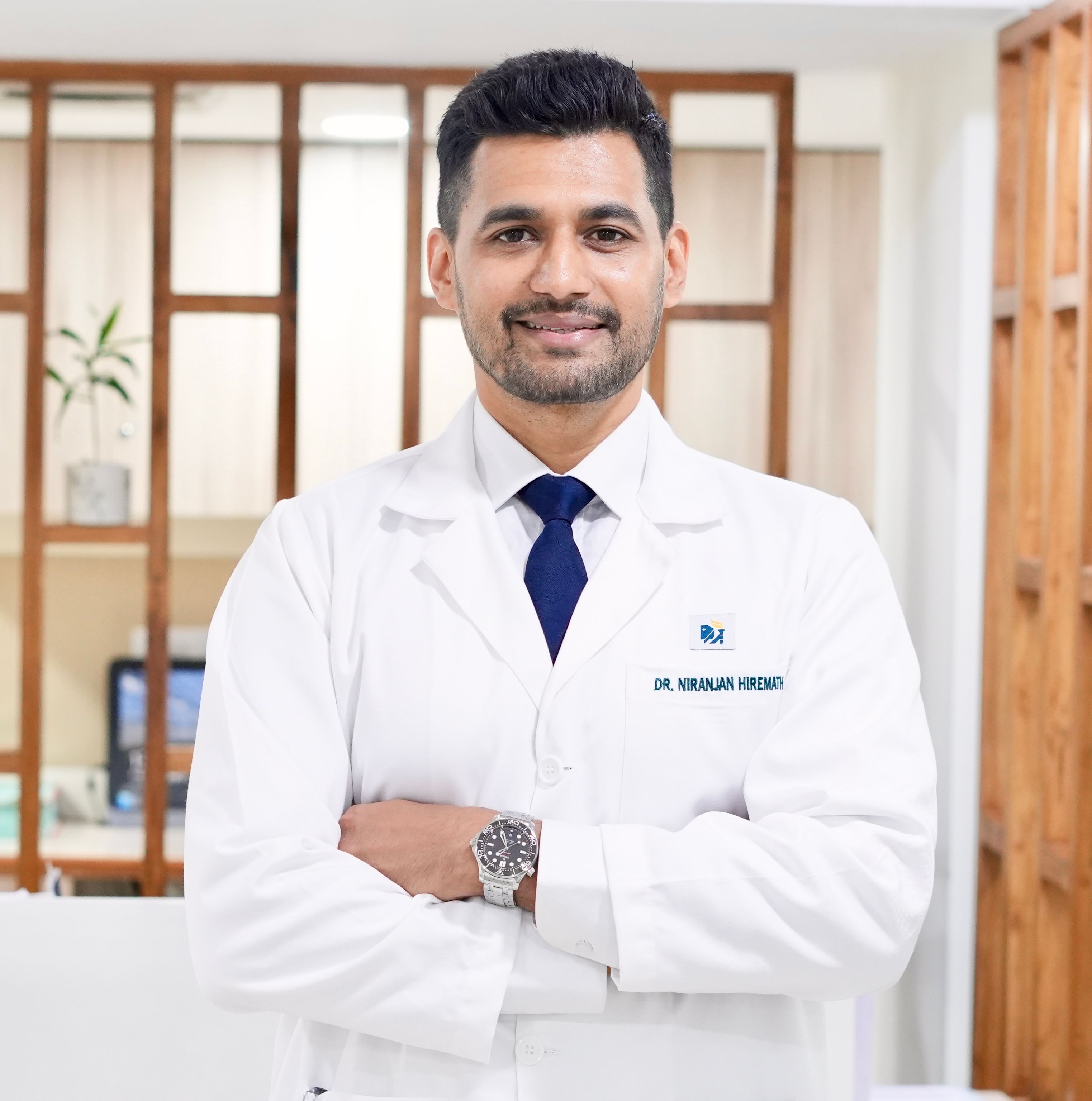
Dr Niranjan Hiremath
Cardiothoracic and Vascular Surgeon
12 Years • MS General Surgery, FVES (Vascular Surgery), MCH (Cardiothoracic surgery), FACS (Aus), FCAS (Aortic Surgery and TAVI, Can)
Delhi
Apollo Hospitals Indraprastha, Delhi
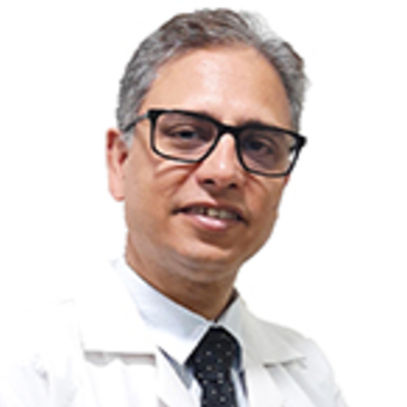
Dr Sudhir Adalti
Cardiothoracic and Vascular Surgeon
23 Years • MBBS, MS, Mch CVTS , Fellowship Advance cardiac surgery Auckland (NZ) and Brisbane (Aus)
Ahmedabad
Apollo Hospitals Gandhinagar, Ahmedabad
Consult Top Cardiologists

Dr. Srikanth Bhumana
Cardiothoracic and Vascular Surgeon
12 Years • MBBS, MS (JIPMER), MCh (PGI) (Cardiothoracic Surgeon), (Beating Heart Bypass Surgery), (Minimal Invasive Cardiac Surgery, MICS)
Tiruchirappalli
Apollo Speciality Hospitals Old Palpannai, Tiruchirappalli
(50+ Patients)

Dr. Sridhar V
Cardiothoracic and Vascular Surgeon
30 Years • MBBS, MS, MCh, DIP NBE, FIACTS
Madurai
Apollo Speciality Hospitals KK Nagar, Madurai
(50+ Patients)

Dr Kshitij Dubey
Cardiothoracic and Vascular Surgeon
10 Years • MBBS; MS; MCh; CTVS
Indore
Apollo Hospitals Vijay Nagar, Indore

Dr Niranjan Hiremath
Cardiothoracic and Vascular Surgeon
12 Years • MS General Surgery, FVES (Vascular Surgery), MCH (Cardiothoracic surgery), FACS (Aus), FCAS (Aortic Surgery and TAVI, Can)
Delhi
Apollo Hospitals Indraprastha, Delhi

Dr Sudhir Adalti
Cardiothoracic and Vascular Surgeon
23 Years • MBBS, MS, Mch CVTS , Fellowship Advance cardiac surgery Auckland (NZ) and Brisbane (Aus)
Ahmedabad
Apollo Hospitals Gandhinagar, Ahmedabad
